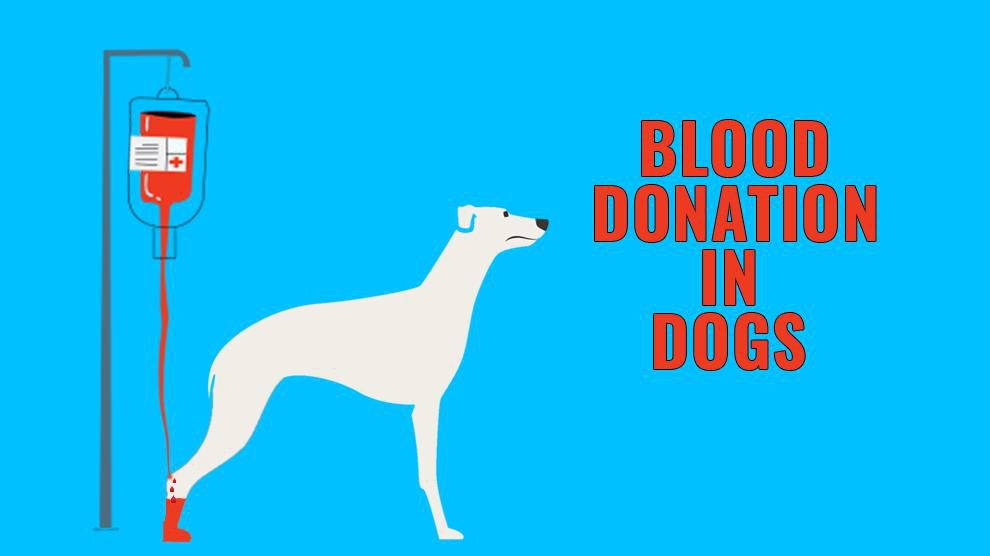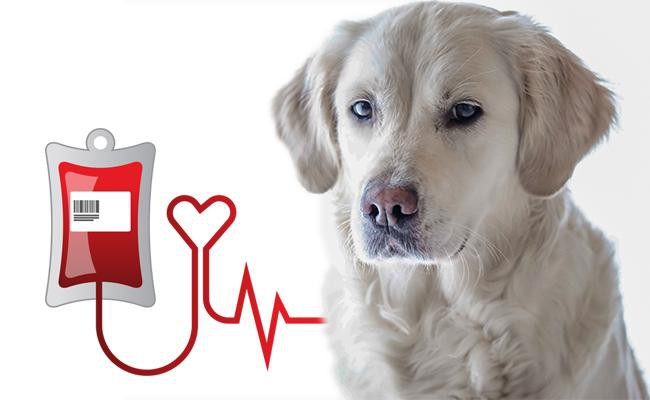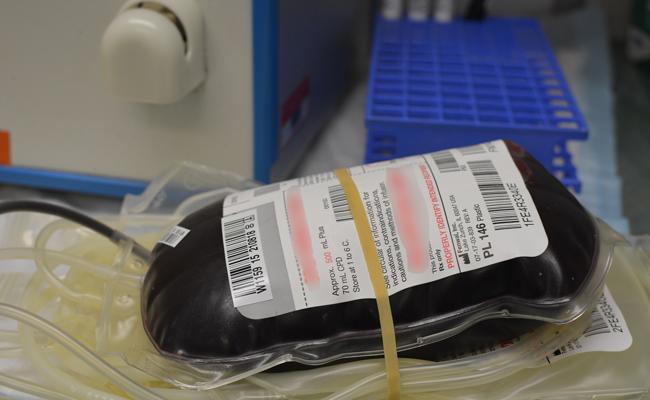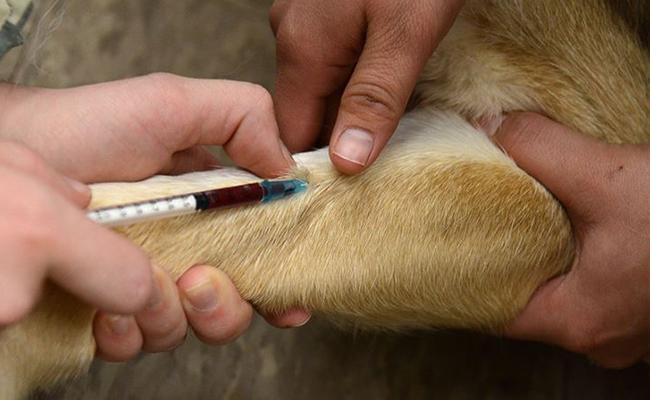Dog Pregnancy Calculator And Timeline
As dogs undergo surgery and various other forms of treatment, they need blood transfusions. If your dog needs blood transfusion, then other dogs need to generously donate. Let’s waste no time further and understand the real concept behind your dog’s blood donation program.
Why Do Dogs Need Blood Transfusion?
What Are Different Dog Blood Types?
Dog blood groups are named as per the DEA or dog erythrocyte antigen system. There are more than 13 dog blood types. Dogs which carry DEA 1.1 positive and those dogs who test negative are regarded as international or universal donors.
There are 13 dog blood groups. Experts consider 8 DEA types as international standards. The main six DEA blood types include 1.1, 1.2, 3, 4,5, and 7. A dog having DEA 4 is regarded as a “universal” pet donor if there are no other antigen.
When a dog donates blood, after checking it for various blood-borne infections, vets use it.
Popular Universal Blood Donor Dog Breeds
Dogs carrying negative blood types more popular including Weimaraners, Airedale Terriers, Greyhounds, German Shepherds, Boxers, and Dobermans.
How Dogs Donate Blood?
Dogs donate via the jugular vein and not like humans who donate blood from their arm. The dog ready to donate blood should weigh nothing less than 25 kg.
As with humans, vets collect a blood sample to confirm whether the dog is ready to donate. These samples are collected from the donor dog’s cephalic vein located in its leg.
Another area of preference for blood collection is the dog ’s jugular vein. Clipping the dog’s fur before the needle insertion is the usual process.
In cases where veins are located without clipping, the vet will continue the donation.
The sample blood is now checked for red blood cells and total solids. After the vet clears the dog to donate blood, the dog and it’s owner enter the operation theater.
The dog is now laid on its normal side. When the vet confirms that the dog is calm and comfortable, the phlebotomist or vet inserts a needle.
The vet collects around 450 ml of blood in the next 10 minutes or so. The most important thing is that the dog will receive assurance during donation.
What Happens After Blood Donation In Dogs?
After the blood collection is over, the blood bank provides a snack, water, toy, and some time to relax.
Will The Process Of Blood Donation Hurt The Dog?
No, the process of blood donation will not hurt your dog. The vet will stop the process if he finds the dog under stress.
How Long The Donated Blood Of Dogs Can Be Stored?
The collected blood undergoes a special process. This comprises of spinning the blood sachet to separate its red blood cells and plasma. The red blood cells are stored for not less than six weeks. Plasma is refrigerated for around five years.
What Is The Cost Of Ordinary Blood Transfusion In Dogs?
The basic unit for transfusion costs somewhere between 100- 300 USD. The exact cost of treatment depends on the total number of blood packets needed. The cost of treatment could cross 1000 USD depending on the situation. Kindly contact your vet for all the details on the treatment.
Diseases That Reduce Albumin Content In Blood
The loss of protein in animals can lead to losses of albumin content in blood. Reduced levels of albumin can cause water leaking and also pooling.
Kittens and puppies with parasites will contain a pot-bellied appearance. This happens because the intestinal worms consume all the protein present in their diet.
With strong decreases in serum albumin, it in-turn may lead to an alarming situation where the pet may collapse in due course.
Animals suffering from certain diseases a low serum albumin condition called hypoalbuminemia.
Cats and dogs with major inflammatory bowel disease (IBD) contains a thickened lining of intestines because of unknown cause.
Another severe protein-losing enteropathy or PLE also causes problems with protein absorption.
Blood serum transfusions can reduce fluid accumulation and help vets save the lives of these affected dogs.
How Serum Protein Can Help Save Your Pet’s Life?
When people talk of blood they mean red blood cells. Blood also carries many important chemicals and cells. It contains antibodies and white blood cells to ward off infections.
Special chemicals and cells also increase the chances of clotting after an injury to fight against severe blood loss.
One of the most vital blood protein is albumin. The main function of albumin is to work like a sponge and keep the water texture of blood in veins and arteries.
Veins and arteries consist of life and they link to each other tightly and crisply to create a hose. These joints are not exactly watertight.
Serum albumin project osmotic energy that guides water so that it will not leak through the cell joints.
What Do Researchers Claim About Human Blood Transfusion To Pets?
Vets researchers recorded a study where albumin was inserted into dogs with PLE and IBD. These dogs were undergoing severe fluid accumulation.
The researchers, finally concluded, that the transfusions proved to be safe. This research now proves that your dog can receive human blood in case of hypoalbuminemia.
How Humans Can Save Pets With Simple Blood Transfusions?
The capacity to transfuse blood has become one of the most significant medical processes for saving both human and animal life.
Blood transfusions, but, need strict matching to prevent life-threatening reactions. It’s very rare for humans to donate to animals for these important reasons.
According to research, humans can donate albumin, a blood serum protein.





















